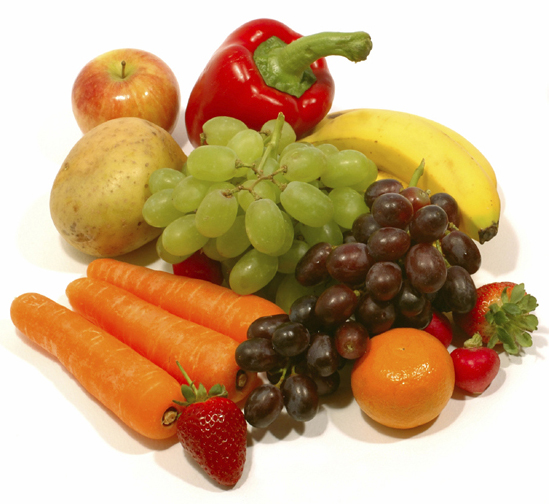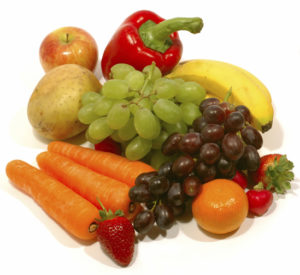Food in persons infected with human immunodeficiency virus (HIV) that causes Acquired Immunodeficiency Syndrome (AIDS) is very important.
As a metabolic disease is not common to associate HIV with food, but a proper diet is very important because it helps slow the symptoms generated by this ailment.
It should take into account several concepts to take care of the patient nutritionally and health giving a strict diet with specific foods.
The choice of diet for the patient and must eat food that generally depend on the common symptoms you feel, such as hematological indications and gastrointestinal syndromes.
As regards the patient’s hematologic syndrome may exhibit anemia or thrombocytopenia immune mechanism. In this case, the suggested diet enhances iron intake, mainly incorporating meats of beef, pork, chicken, sausage, liver, almonds, among others.
These foods should be accompanied with the intake of vitamin C will help to its correct absorption and combine them with dairy products should be avoided usually taken as desserts, puddings, cheese, etc.., to prevent the calcium in the latter interferes with iron metabolism.
Gastrointestinal symptoms are usually due to infections that occur at the time or also by some intolerance to medication taken by the patient.
In this case, the food should be easily digestible, well cooked and processed by avoiding raw fruits and vegetables, whole grains, fats, fried and spicy condiments.
There are several foods that are recommended to be consumed every day in the diet of people living with HIV, such as garlic and onions that have antibacterial and antioxidant properties, pears and apples that are stimulating the immune system.
Must also include, tomato and carrot for being rich in nutrients, antioxidants, lycopene and beta carotene, and vegetable fats such as olive oil, soy, sunflower and avocado.
Also, pay attention when ingested proteins of high biological value as dairy milk, egg and red or white meats, as the adequate intake of these foods and the entry of high quality protein in the right amounts (1 , 5 to 2 grams per day), prevent catabolism, which may complicate the patient’s nutritional status.

